IPOs are in full swing especially when the market is at high and companies "make hay while the sun shines". Yes, when market sentiment is very positive investors pour tons of money into the stock market, then for companies it is the best time to launch the IPO.
And the company already have approval from the stock market regulatory authority - SEBI launches their IPO when the market is bullish or trade with positive cues. While on the other hand, people become more curious about investing the IPOs, as it can give them high returns in a short period, that might be not possible to buy stock from the secondary market.
In positive market sentiments, IPOs can give lucrative returns on the day of listing, but there are various things you should know before investing in an IPO. As it is not possible to get share allotment after applying for every IPO, or it is not necessary for every IPO can give you positive returns and there are various risks or things you should know before applying for an IPO.
Also Read: How to Increase the Chances of IPO Allotment
What is IPO in Stock Market?
IPO stands for Initial Public Offering, which is a way of raising the fund by issuing the shares of the company to the public also known as primary market. When the shares are issued through IPO it is also later on listed on stock exchanges for trading in the secondary market. And when shares are public ally listed, anyone can buy and sell these shares openly.
However, before the launch of an IPO, the founders of the company are prime shareholders or promoters of the company. Moreover, angel investors, venture capitalists, private equity investors, and a few employees also have shares in unlisted companies.
When an IPO is launched, anyone including retail, institutional, high net worth individuals (HNIs) and qualified institutional investors can apply for the IPO. Though institutional investors have their research team to analyse the various aspects of the stock market, hence they analyse everything and then decide whether to apply or not in any company’s IPO.
Also Read: What is IPO: How it Works & Else Everything You Need To know
While for retail or individual investors it becomes difficult for them to analyse or how decide which IPO they should apply or not. In respect of the same, we brought a few key things to know before investing in an IPO or applying to any new company’s IPO.
What to Check Before Investing in IPO?
The stock market is a risky place for investment and an IPO can be more risky if you invested without checking the various details. IPO is the primary market, while shares already trading in the stock exchange is the place called the secondary market.
And in the stock market before investing in shares of any company, there are various things you should know or need to consider. This will not only help you to know various aspects related to the IPO but also be aware of key points to decide whether the IPO would be profitable or not. It will help you to maximize your chances of earning from IPO and minimize the risk.
8 Things to Know Before Investing in IPO:
#1 Read the Draft Red Herring Prospectus
When a company want to raise money by selling shares to the public, it can use the route of IPO. And before launching the IPO, every company has to file the Draft Red Herring Prospectus, or DRHP with the SEBI, a stock market regulatory authority.
This long pages key document contains various useful information about the company, like why and how much funds the company is going to raise by issuing equity shares. Here you can also find the details of all the promoters and shareholders of the company.
This document also encloses the financial details of the company with a detailed statement of Profit & Loss and Balance Sheet for the past few years of the company with its future investment plans and how the company will use the fund raised through IPO etc.
The DRHP is drafted with long pages maybe somewhere around or more than 400 pages, it can take time to read and check all such details. But here you can find all the useful and authenticated information about the company. Reading the entire document is not possible hence, you can check only the key details that will help you to decide whether to invest in an IPO or not.
#2 Understand the Business Model of the Company
Understanding the business model of the company is very important before investing in an IPO. Yes, before you put your hard-earned money into any new company, you should know about the nature of the business of that company. Read carefully in the DRHP, what exactly the company is manufacturing or providing the services in which industry or sector.
Is the company's business nature of business have the demand in the market or further scope of growth in coming years or not? How much market share the company accounts in the industry, the company's annual production or capacity to produce certain products or serve its clients. Further, you can check the client portfolio and its growth or expansion plans etc.
#3 Check Promoters& Management Background
The promoters and management play a key role in the growth and performance of the company. A group of strong promoters and management will operate the company in a better way. Their qualifications and experience all matter, hence you need to check who are promoters, major shareholders and board of directors full-time and independent directors.
Promoters and management are responsible for taking business-related decisions that have a direct impact on the revenue growth and performance of the company. Also, check how many shares the promoters held and If possible also find out if any promoter or shareholders has pledged their share to take a loan from the bank or the company.
#4 Analyze the Financial Statement & Performance
It is one of the most important aspects while analyzing any company for investment whether it's an IPO or buying the shares from the secondary market. The financial performance of the company tells the current health and potential of the company. Check the sales and profit growth of the company in the last 3 to 5 years with their CAGR growth in the same period.
If there is consistency in the revenue and profit growth, it means the company is doing well and steadily growing over the past years. You can assume the company will grow at the same pace in the future. And also check the operating and net profit margin, whether it is improving or decreasing, because using the net profit you can calculate the earnings per share of the company helps to know the price-to-earnings ratio and find out the valuation of shares.
#5 Figure Out the Key Strength of the Company
Apart from the above factors, from the future growth prospects you should check the key strength and weaknesses of the company that will drive its revenue and bottom-line growth in future. Read out the areas where the company have an edge over its competitors and what are the factors that will help the company to keep growing with better operating margins.
Meanwhile also try to know what the weakness of the company are where competitors have better operational management and marketing strategy. The weakness is mostly an internal factor where the company lack and faces problems while running the company. Such factors can affect the revenue and profit growth of the company in the long run.
#6 Know the Risk Factors Associated with the Company
Just like strength, you also need to check the risk factors that are associated with the company that can affect the growth and earnings of the company. Here you can check the legal cases if any, liabilities or the debt and loan company has borrowed from the banks.
The risk factors can be anything from regulatory authorities to rising competition in the industry or a rise in the cost of raw materials that can directly or indirectly affect the revenue of the company. You can also check the opportunities and threats from rivals or the bargaining power of the consumer etc. that can hamper the growth or margins of the company.
#7 Valuation & Comparison with Peer Group Companies
Finally, while applying for any IPO you should check the valuation of the company because it can be the key factor to decide whether invest in any company or not. Compare the valuation of shares with the competitors or peer group companies, if an IPO is offered at a discounted price compared to other companies in the same industry, you can apply.
While on the other hand if the price is overvalued or issued at a very high price you should avoid investing in such companies unless shares are available at lower levels. And to find out the valuation and compare with the peer group several operating and financial ratios are used by the experts. If you have such knowledge and experience you can evaluate and decide otherwise you should take help from stock market experts who are proficient in such areas.
#8 Time Horizon of the Investor for Investing the IPO
Some people apply for an IPO to just get the profit from the listing gains, while many of them invest with a long-term perspective. Hence, here you have to decide whether you are going to apply for only listing gains or keep your investment for the long term.
Also Read: What is Profit Booking in Stock Market: Rules & Best Strategy
If you are just buying shares in an IPO for listing gains, you can check the grey market premium (GMP) or demand for the shares launched in the IPO. If there is potential to give profit on the listing day, you can consider this IPO for short-term investment. Some traders invest in IPO just like intraday trading, they make positions to gain only profits in short-term.
Also Read: What is Grey Market Premium in IPO: How is GMP Calculated &Reliable
However, if you want to invest in an IPO from the long-term perspective you can also buy from the secondary market after listing of the shares. Here you have to use the fundamental analysis that can help you find out the best stocks for long-term investment. Otherwise investing everything in IPOs from the listing gains point of view is not always profitable.
Also Read: Difference Between Fundamental Analysis and Technical Analysis
Is it Profitable to Invest in IPO?
Here the question arises, whether investing in the IPOs is profitable or not. Let me tell you, one thing the stock market is one of the highest volatile places on this earth and every time your predictions will not go right. Anything can happen here anytime and when you will get to know about such things market will already react and discount such information.
However, investing in an IPO has a different scenario, here shares of the company first time issued to the public and further movement of the stock is depends on the sentiments of the investors. Investing in the IPO can be profitable if you get high returns on the listing day, but it is possible when the demand for the shares of that company is very high.
It is a very short-term investment if you exit from the IPO on or after the listing, while if you are looking to invest in the IPO from the long-term point of view then you have to perform in-depth analyses of the company, industry and its competitors. And to get the gains in long-term investment you have to wait for long years or maybe within a few years. Hence, always decide before investing in IPO to keep your investment safe from unnecessary losses.
Also Read: Golden Rules of investing in Stock Market
Is it Safe to Invest in IPO?
Investing in the IPO is profitable when the company have the potential to give returns to shareholders. While there is also a risk if shares prices not moved up, and fall on the listing day or some day later on while trading in the stock market.
Investing in the IPO is safe if it is launched through the book-building process with the expectation to give positive returns. If it is launched without book building or there is any kind of lock-in period for the investors, investing in such can be risky.
Also Read: What are the Risk Factors Involved in Applying for an IPO
While investing in an IPO, always check the revenue and the expected market capitalization of the company, applying in every small company having poor management and undefined growth plans can be also risky for the investment even in the short run.
Conclusion
Just like any other company listed on the stock exchange, while applying for newly launched shares through IPO, you need to check the fundamental details before investment. Buying shares in IPOs it is not possible to apply the technical analysis, as there is no trading history or chart patterns to read or to apply the technical indicators to decide buying point.
Also Read: Technical Indicators that Every Trader should be aware of
Here while investing IPO you can apply fundamental analysis and other techniques discussed above to know whether the company is worth the investment and whether its shares have the potential to give you returns not only in the short-term but also in the long-term. Investing in an IPO can be profitable if shares are issued at discounted prices compared to peers.
Also Read: Technical Analysis vs Fundamental Analysis: Which is Better
And finally, the last point, investing in an IPO is safe only if you choose the right company and the right platform to apply in the IPO. Moneysukh offers one of the most highly secured and safest online platforms to buy or sell shares or apply for an IPO.
It is providing the one-stop trading solution for people looking to trade or invest in equities, commodities or currencies in cash and F&O market with a trading account and demat account facility at the best pricing for trading in the industry. Moneysukh also recommends daily, weekly and monthly tips for trading and long-term buying of stocks to clients helping them earn maximum profits and minimize their losses while dealing with the stock, commodity or forex market.
Also Read: Advantages and Disadvantages of Forex Trading: How to Start








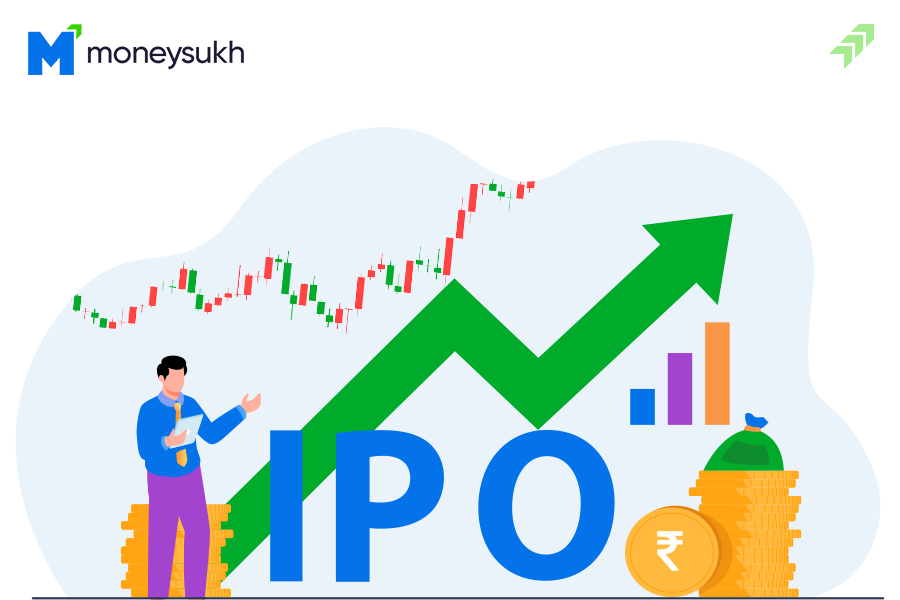


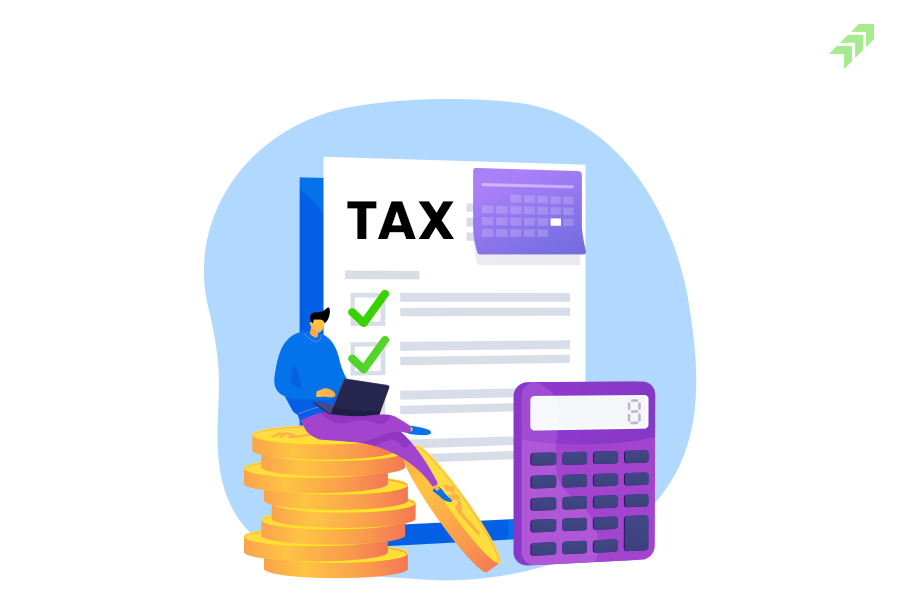
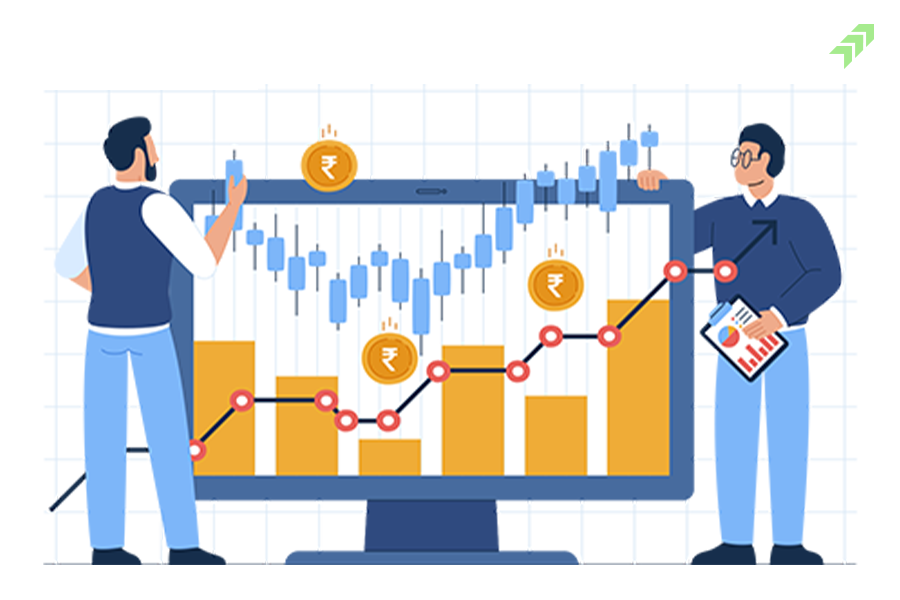
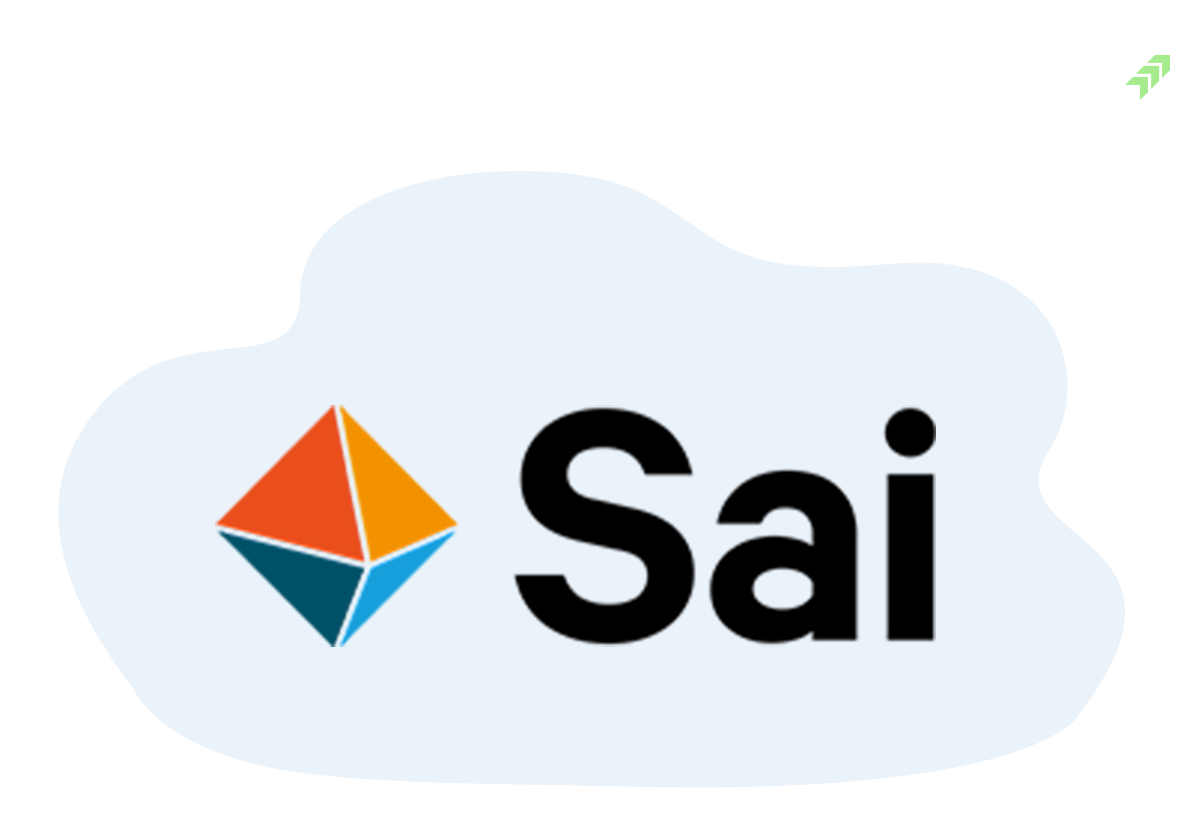
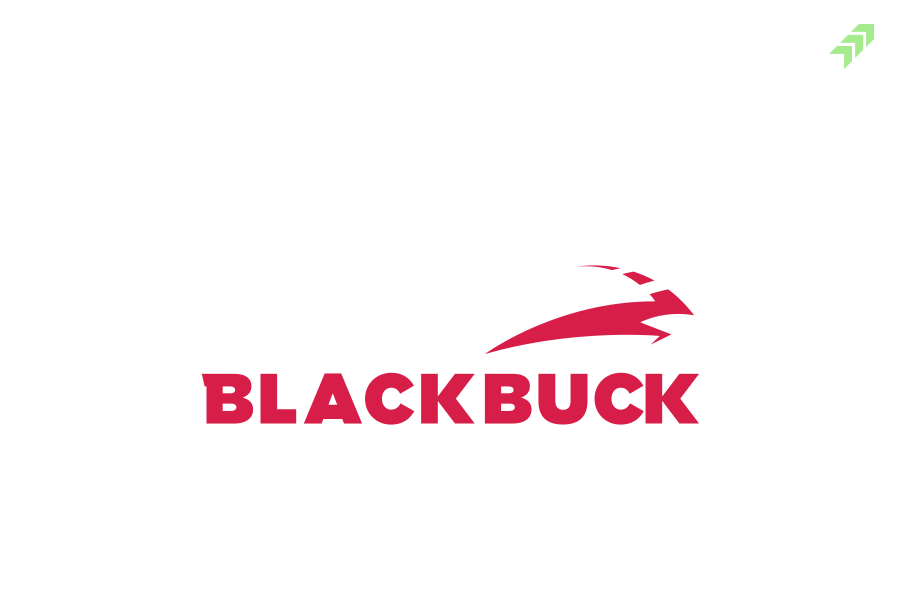
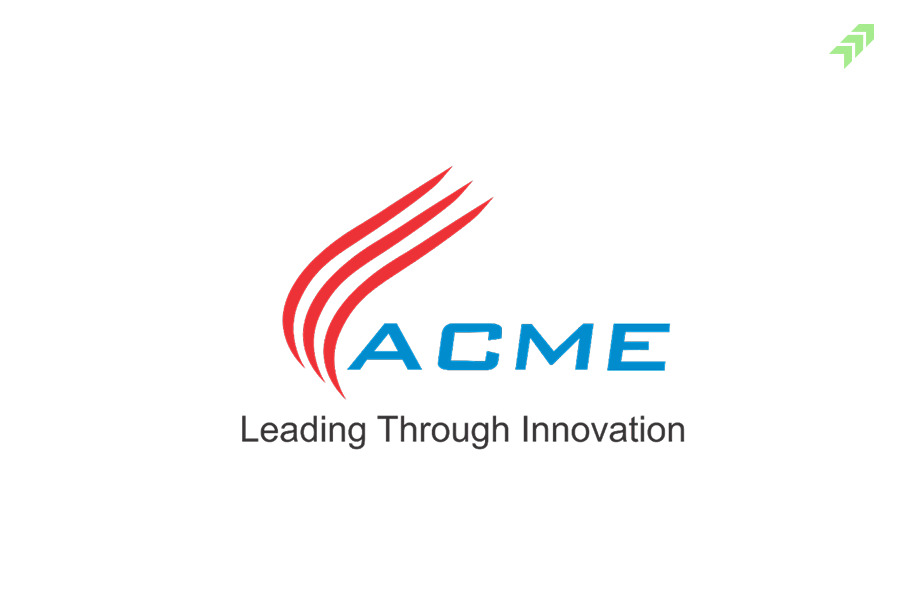



No comment yet, add your voice below!